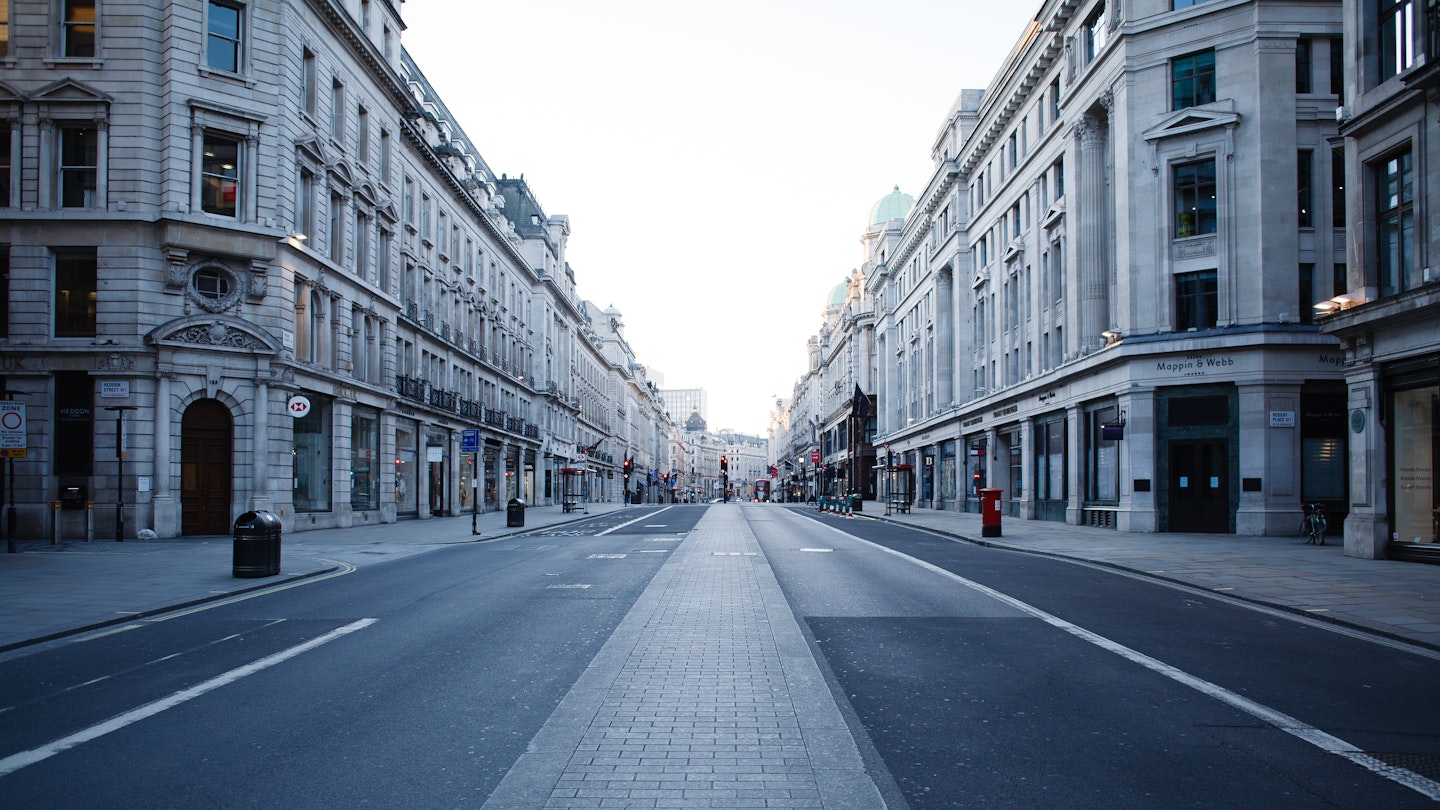Prime Minister Boris Johnson's address to the nation – as well as his subsequent statement to the House of Commons – was supposed to answer the question on all our lips: how and when are we going to leave lockdown?
We had so many questions. Whether it’s about businesses like beauty salons opening, exercise more than once a day, an ‘bubbles’ to include family or friends for those isolating alone, or just the fact that we might be able to go for a picnic, we waited with bated breath to hear from Boris Johnson.
But now everyone seems more confused and terrified than ever.
Throughout lockdown, social media has been flooded with memes about ‘Me coming out of lockdown’ – drunk, hugging, kissing, partying. Friends in WhatsApp groups I’m on have fantasised about what we’re going to do when we get out – yeah, mostly drinking, hugging, kissing, partying – and WHERE we’re going to do it, from our old favourites to the expensive places we kept meaning to try.
But, now, we all seem more worried than ever, with many saying they'll continue their own self-imposed lockdown no matter what the government says.
I’d say, for most of us, the truth is somewhere in the middle – we’re trapped in a kind of lockdown limbo, excited and scared about what is coming. For one thing, I think many of us who have experienced grief or known friends who have had coronavirus; we’re more phobic about the disease than we were before lockdown, when the rate of infection (and death) was so much lower than the current state. There is, of course, an element of concern about the government’s handling when we have the highest death toll in Europe – how can any of us scrub that figure in our minds as readily as it seems to be missing from headlines sometimes? Not to mention the confusion around the 'Stay Alert' messaging and what we can and can't do now.
But beyond that understandable anxiety, the reality is now definitely dawning on us that what we might get back isn’t what we’re actually craving at all.
So, for me, when I think about elements of life I’d like back, it’s all about the ‘old world’ – buzzy, busy nights out in London. Nights filled with sloppy kisses with friends, putting one drink down on the table and picking up what’s probably/maybe mine, bumping into shoulders and smelling people’s winey breath in the crush for the bar before grabbing poles on Tube and then shoving my hands back into my McDonald’s chips on the way home.
But that’s not what we’re going to get back, is it? All of those things we want and wish for are the things we will probably not only fear doing, but will be the last to return. There's not even a prospective date for it on Boris's chart.
Instead, what we might get back is being shoved onto public transport quicker than we’d like (because, yes, that's the only way most of us can get into work), into workplaces open and demanding staff return – businesses we might not always be sure have our best socially distanced interests at heart. Or a relaxing of the measures that have seen us all comfortably step away from each other in the park and rummage into our pockets for anti-bac gel, without feeling socially awkward. Measures that have stopped the parks becoming totally overrun... most of the time. Or the lessening of rules that have kept us feeling secure if we do have to go to shops for essentials.
A lot of parents I’ve spoken to anecdotally are – unsurprisingly – finding the pressure of full-time childcare and full-time work the hardest thing to bear. And the feeling of limbo feeds into worries about children, too. I know people who are desperate for childcare and schools to reopen, and furious when they’re sent petitions about ‘not hurrying children back to school until it’s safe’. The gap between those who crave childcare and those who are enjoying elements of having their children around seems to widen by the day.
Melissa says, ‘As hard as I’m finding childcare and work juggling, I don’t want nurseries opening yet. My son caught a scary temperature and cough just before lockdown there, it just doesn’t feel safe. I’m just not thrilled at the idea of exposing my children again at all.’
Samantha told me on Twitter: ‘As a school governor I'm extremely worried about the lack of clarity in advice given to schools from the government so far and hope that a comprehensive plan on how schools will function post-lockdown if they are to be opened to more pupils.’
Even those who are isolating alone and are surely more than anyone are craving some relaxation of measures are conflicted. Emily says, ‘I feel nervous, especially with travelling, but desperate to go back into work. I have been living alone in a tiny flat in London for over a month now, and the loneliness is unbearable. I just really want a change of scenery and to see some familiar faces.’ Whereas Hayley says: 'I'm desperate to finally see my boyfriend again, and give my friends a cuddle, but the thought of stepping foot on the Tube to get to work is filling me with dread.’
Sarah added: ‘I'm utterly desperate to see my boyfriend again but I think all this jubilant, yay we're free is way too premature. I want to continue to play my part in keeping this thing at bay so I'd rather be sensible and wait.’
And that’s because the fact is, things still feel bad – how are they going to feel anything but worse if we’re all suddenly released? No one who uses public transport is feeling safe about returning, surely? A friend who spoke to a nurse recently, told me she’s found the Tube terrifyingly packed on her way to work even during lockdown. People in London spend their allowed exercise constantly dodging others to try and keep a distance. Hundreds of people are still managing to contract and die from coronavirus. How is easing restrictions going to do anything other than exacerbate those things?
Lily*, 25 from Liverpool captures that concern, saying: 'I'm excited for lockdown restrictions to be lifted so I have the option to do what I want again but I'll probably stay indoors as much as I can until the inevitable chaos dies down. I have a very niche type of health anxiety and really struggled at the beginning of lockdown. I've only recently started to feel less anxious every day knowing my current routine seems to be keeping me safe. So, in order to mitigate my anxiety symptoms coming back with a vengeance, I need to manage how I return to normal and I think that means sticking to social distancing as long as is logical… which I'll probably need my friends and family to tell me to do to be honest, since my brain can't be trusted.'
That’s the other element too, can we be trusted? Even personally, I’m thinking, I’m scared of all of this, but when I see a friend, in the flesh, and we eventually do have a drink, no doubt my mind will change. We’re already seeing people bending rules. We all know of someone who has a roommate whose boyfriend comes over, or meets their mum in the park for daily walks – not to say anything of leading scientists... A lot of that is down to the initial rules not being totally clear. Surely now, that's even more the case? Especially when people have been locked up for two months. As Molly told me: ‘I'm worried that people as a whole will be so enthusiastic that it will be too much, too soon.’
Maybe in New Zealand or Scandinavia where there’s a real feeling of societal collective responsibility it’s one thing – do we Brits trust ourselves and each other? I’ll leave that one for you to answer…
Counselling Directory member Natasha Crowe says it's understandable that there's trepidation: 'Lockdown has been a roller coaster of emotions for everyone. The frustrations, worries and lack of personal freedom have affected many individuals and families on an emotional level. Being distanced from loved ones has been extremely hard for so many. People are anxious about still being exposed to the virus before it is completely under control. Feelings of fear or concern are completely valid.'
The consultant clinical psychologist offered advice for those who are worried, saying: 'It is anxiety-provoking for some to now relax some of the measures as people are understandably afraid of the consequences. The measures have supported avoidance behaviours and these are known to increase anxiety so it will be a question of pushing back against these avoidance behaviours in order to gradually become more relaxed and accustomed to any new changes in policy.'
When writing this article, I asked people on Twitter how they were feeling, in order to gauge the general mood – and not just write around my own anxieties. You can see the feed here, but what came back was a mostly mixed and worried picture. We all seem to be living in the middle - and very few seemed thrilled at the prospect of our ‘new normal’ to come, especially when it's shrouded in uncertainty and questions.
Read more: Life And Love In Lockdown
Coronavirus: Relationships
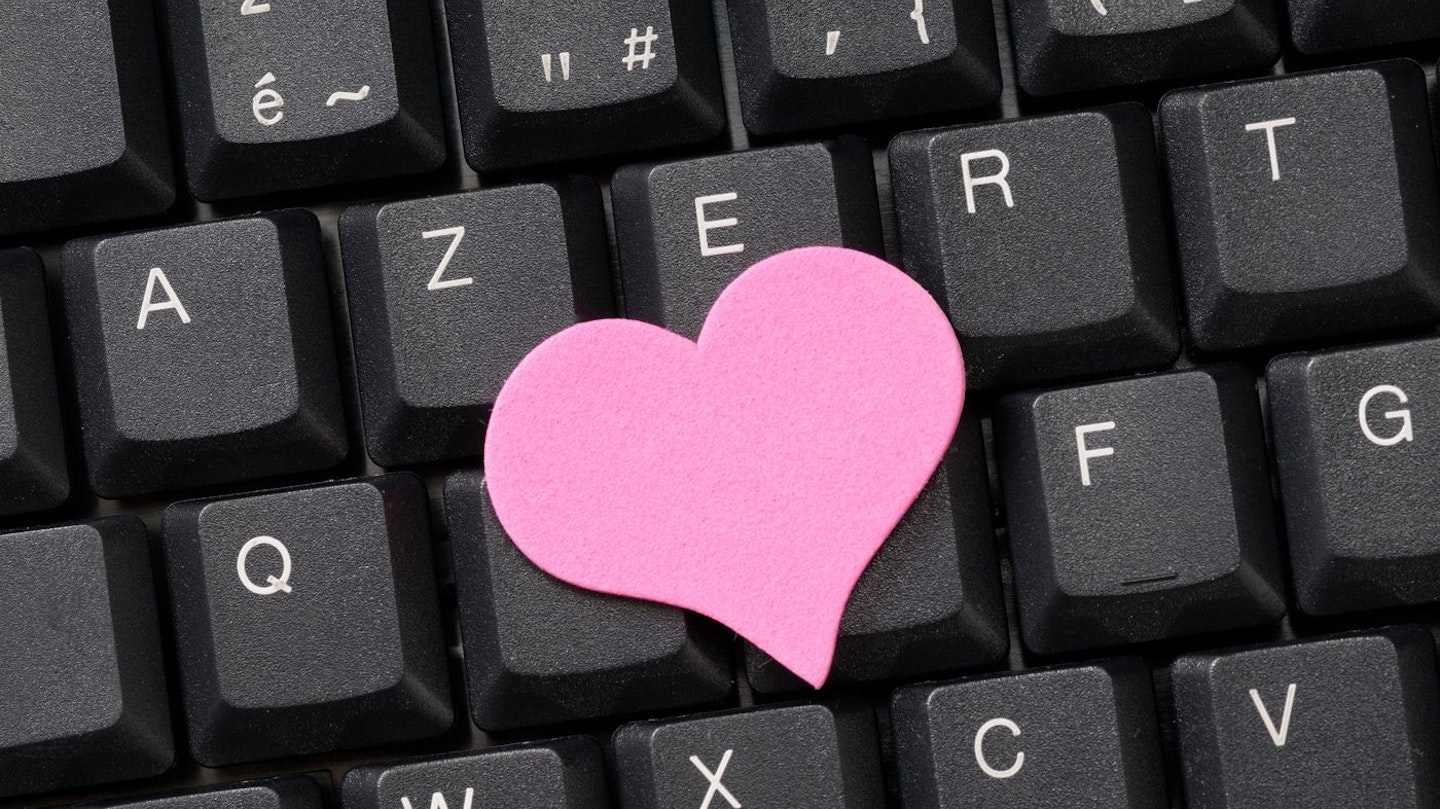 1 of 9
1 of 9How To Maintain Your Dating Life In A Lockdown If You're Single
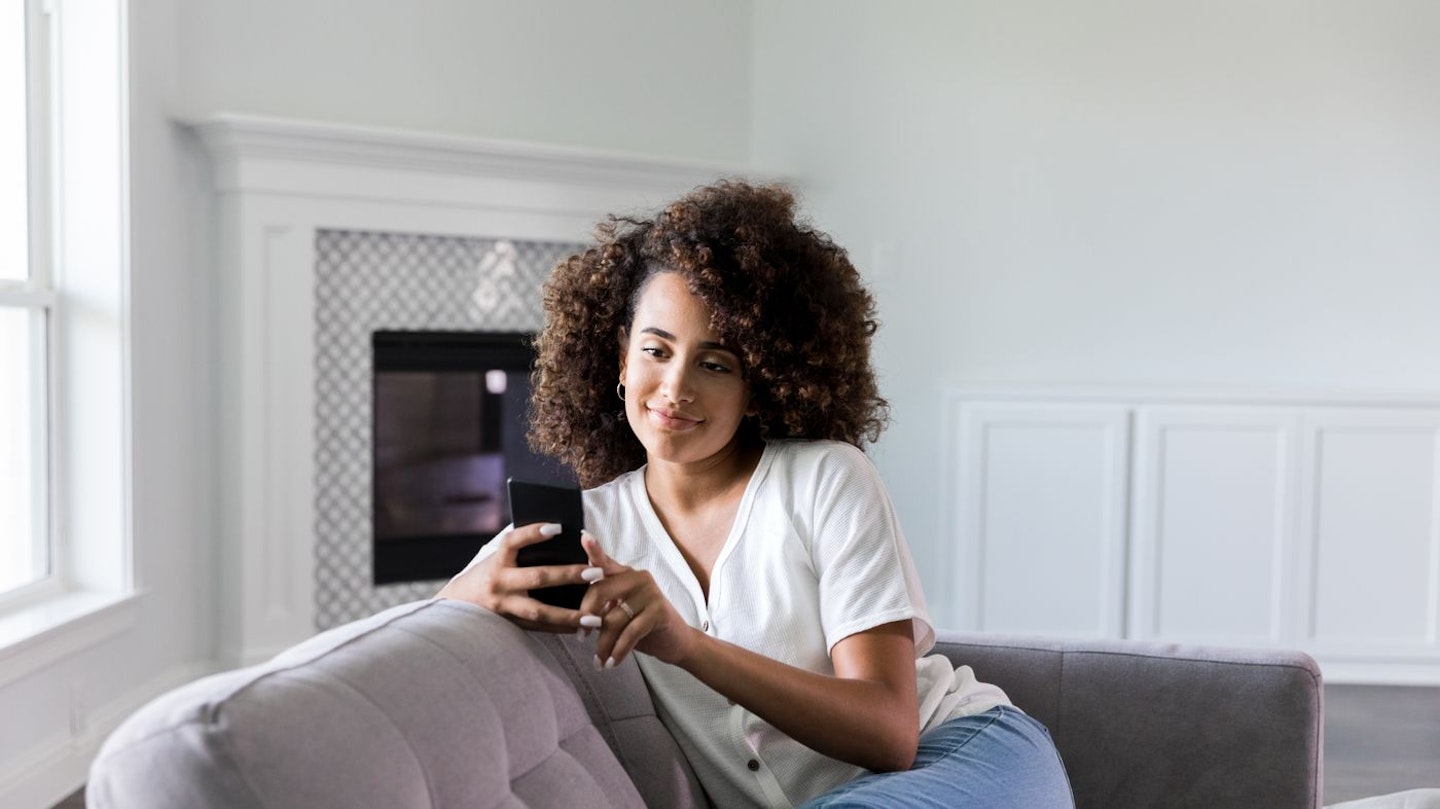 2 of 9
2 of 9The Six Best Ways To Overcome Your Fear Of Video Dating
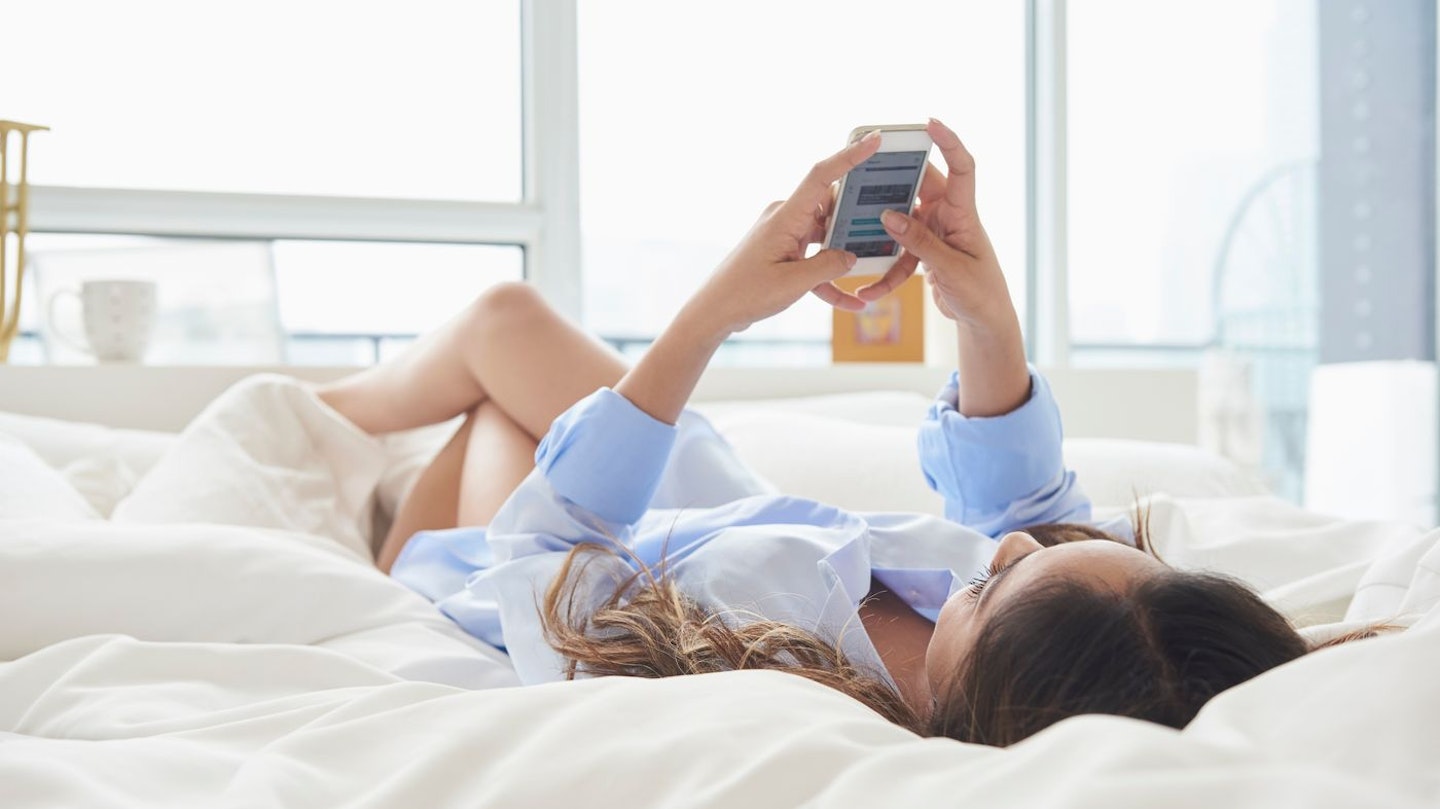 3 of 9
3 of 9Love Lockdown? Not According To Tinder
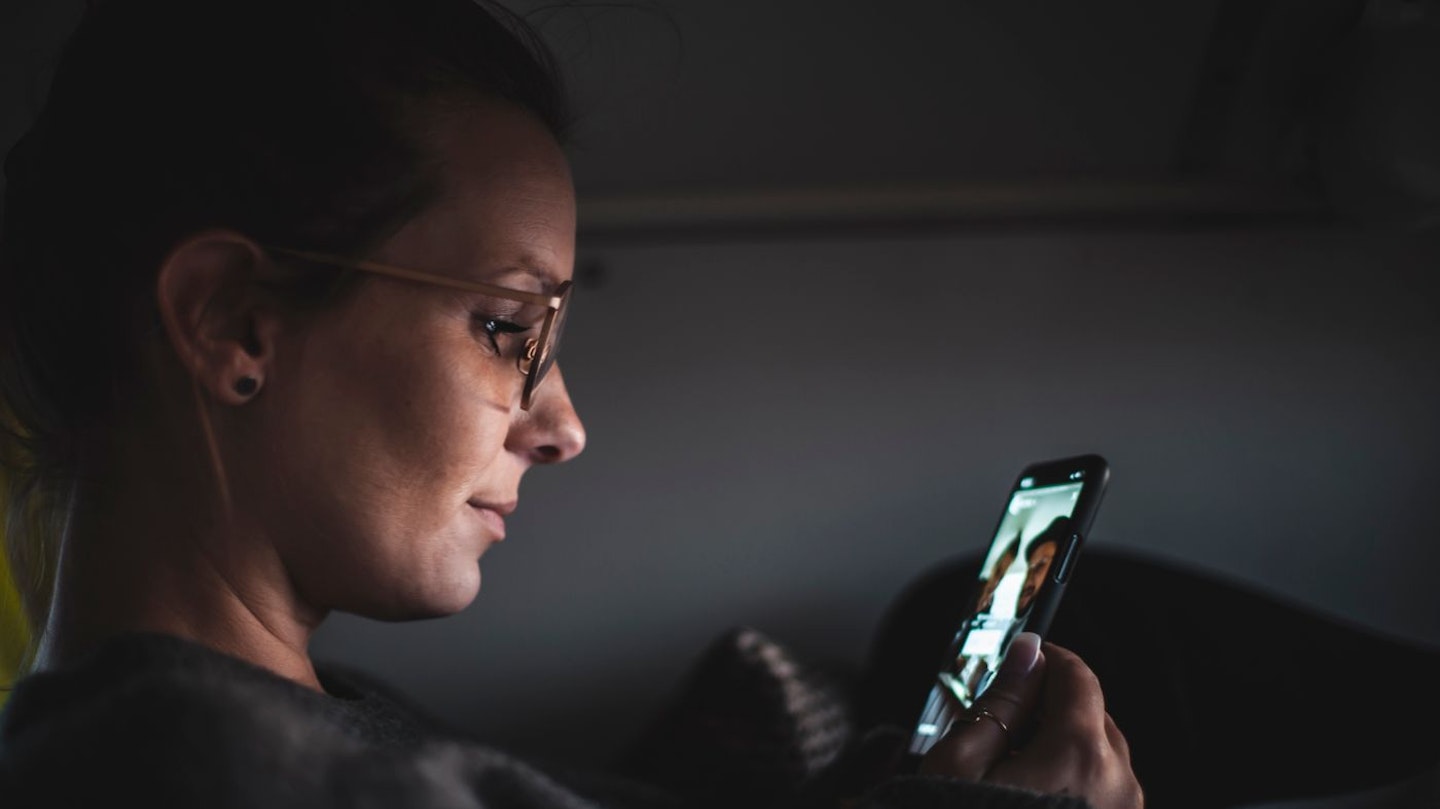 4 of 9
4 of 9What It’s Like To Break Up With Someone Over Zoom?
 5 of 9
5 of 9‘I Didn’t Think I Could Actually Feel Happy In This Shit Show Of A Year...’ How It Feels To Get Engaged In Lockdown
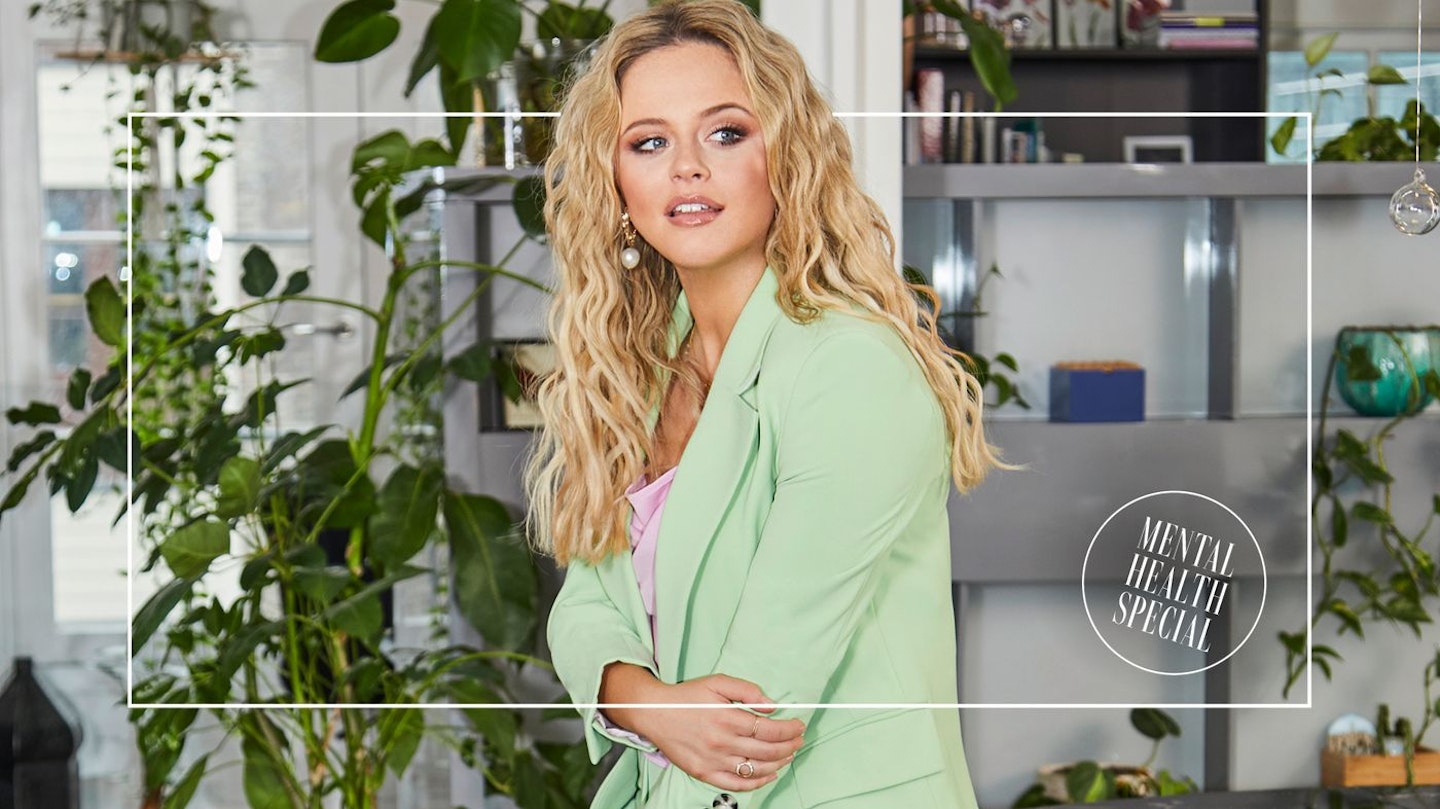 6 of 9
6 of 9Emily Atack: Isolating When You're Single
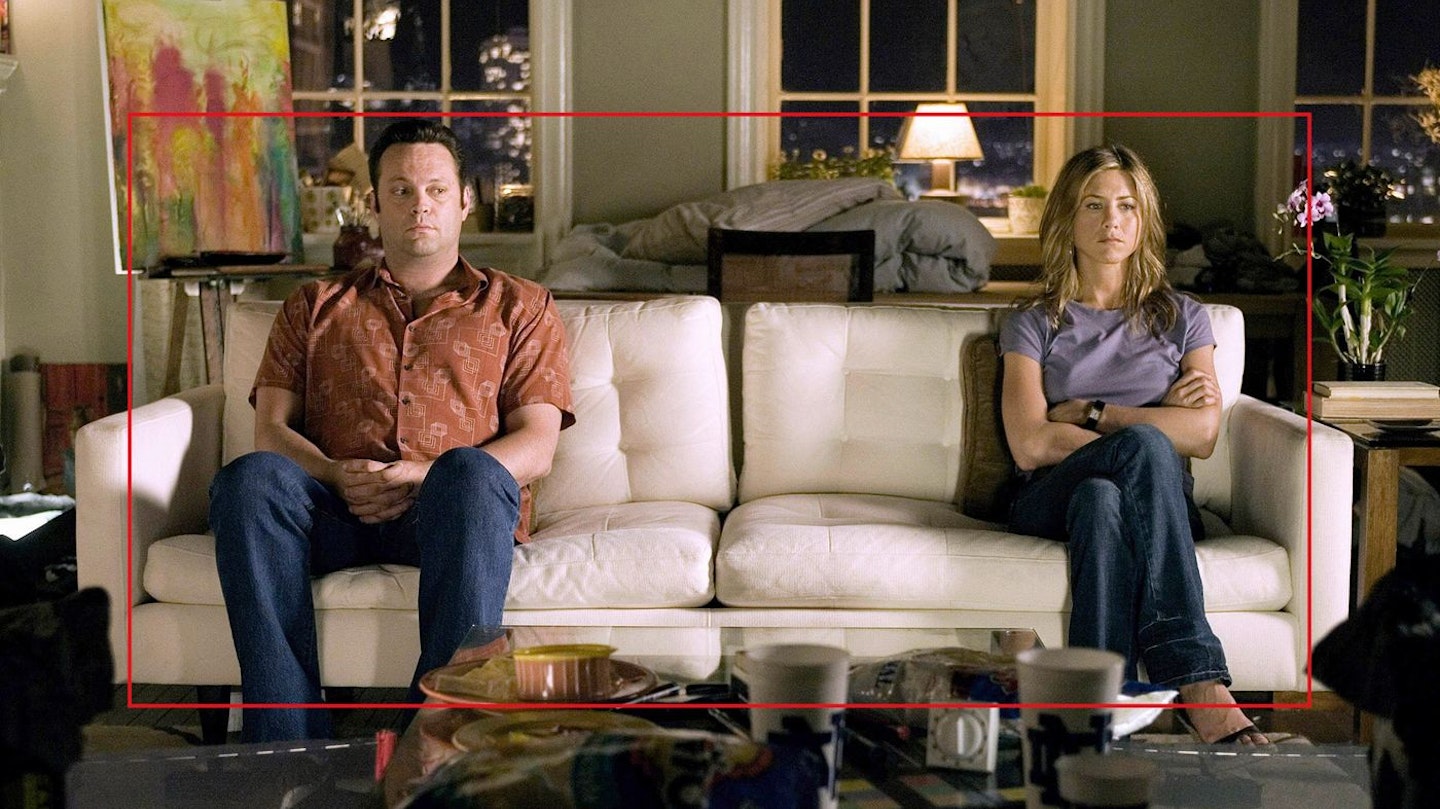 7 of 9
7 of 9The Real Reason Your Ex Is Back In Touch
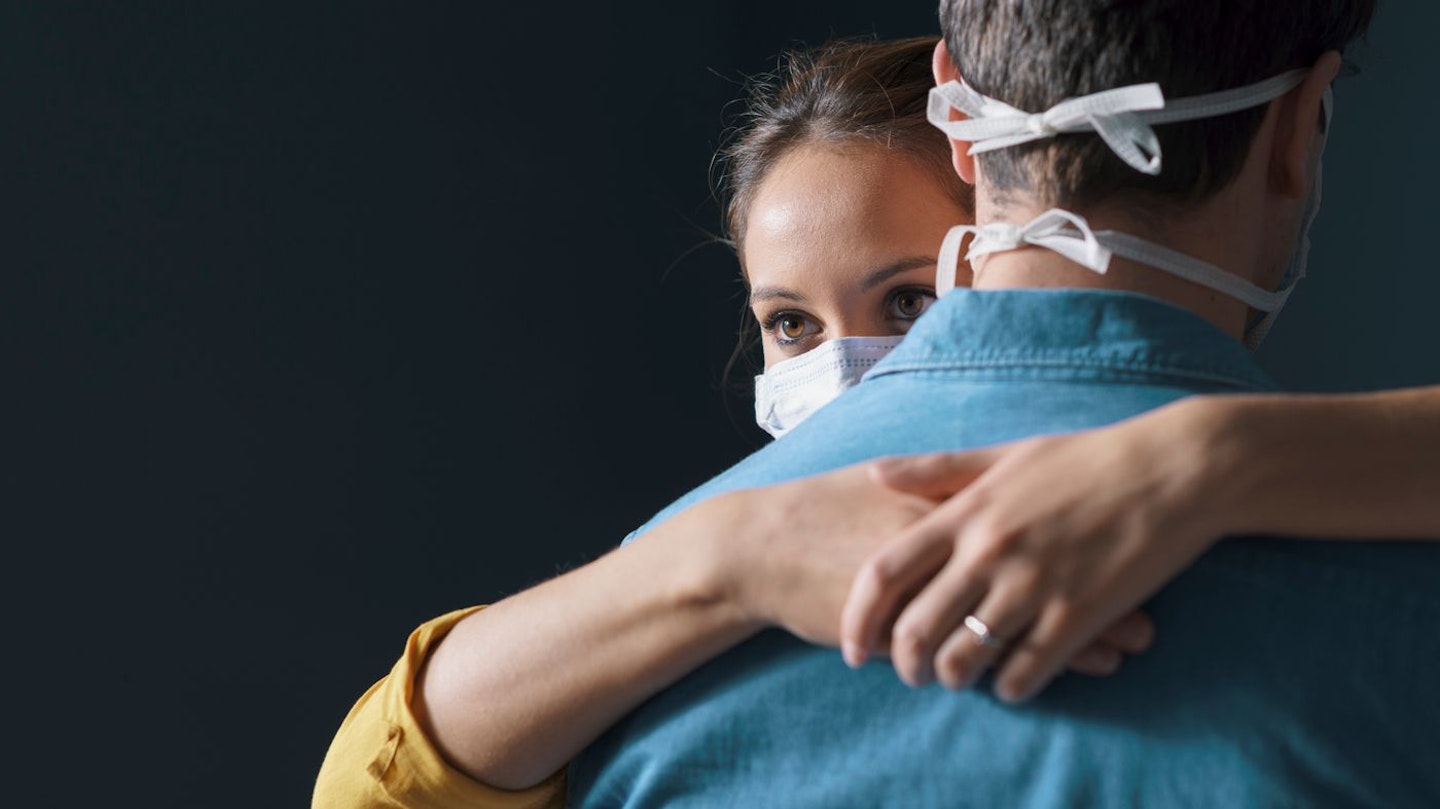 8 of 9
8 of 9Are People Really Having So Much More Sex There'll Be A Lockdown Baby Boom?
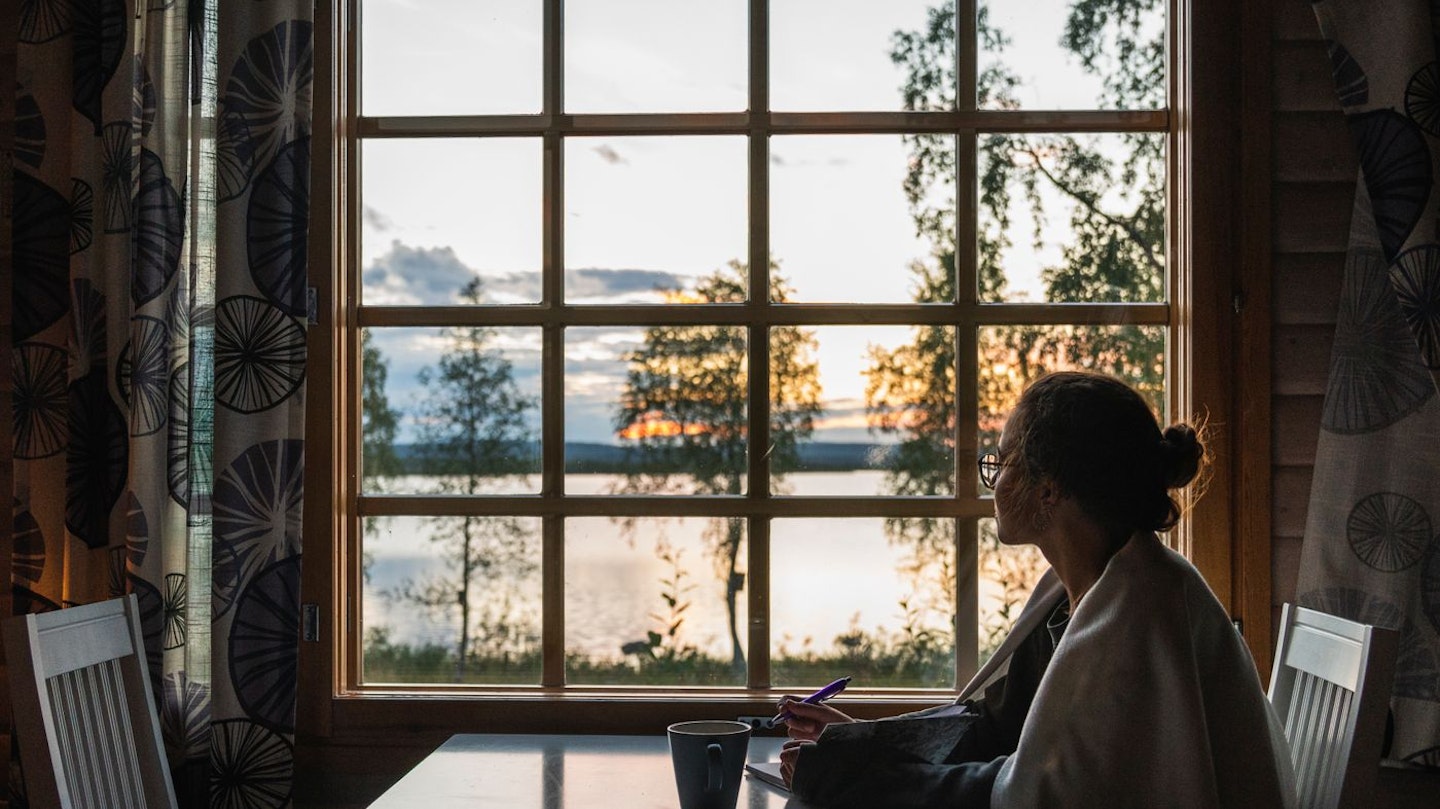 9 of 9
9 of 9